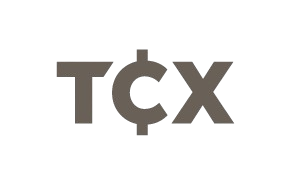Iraq forgave USD 256 mln of Mozambique’s long-standing oil debt, leaving a balance of USD 64 mln to be paid over 15 years starting in 2029. This debt, dating back to a 1979 oil supply deal, was part of ongoing negotiations in Abu Dhabi. Despite this relief, Mozambique’s debt burden remains heavy, and Fitch Ratings downgraded the country’s foreign-currency credit rating to CCC, citing political unrest and financial challenges.
